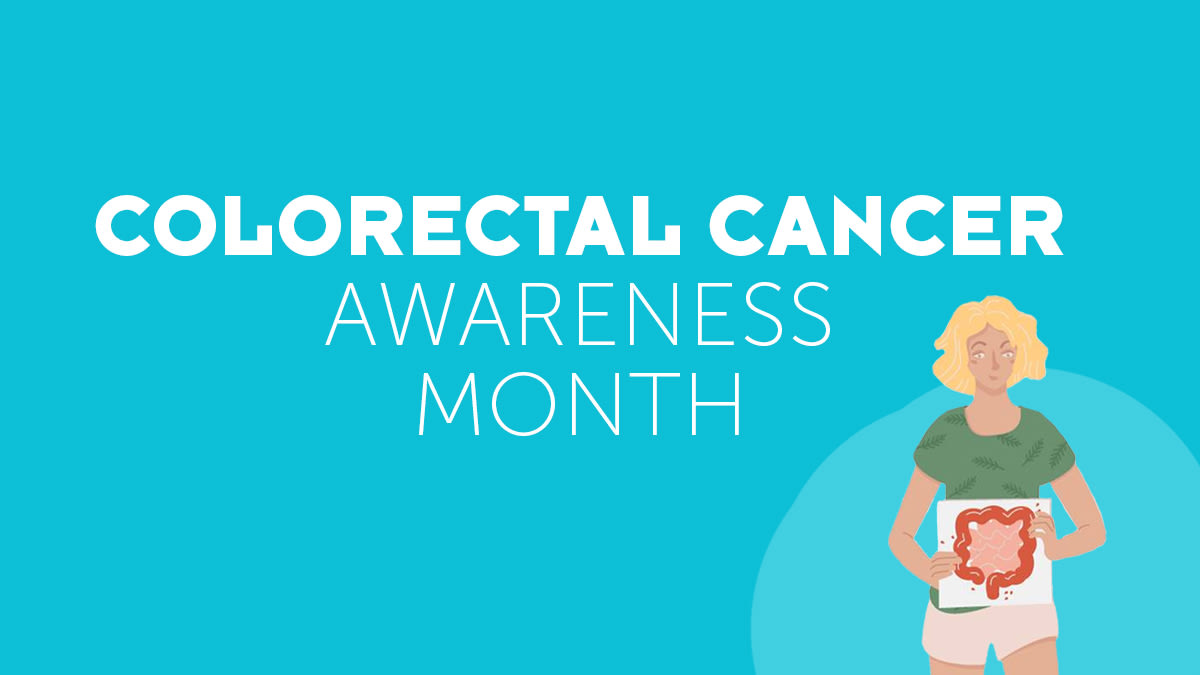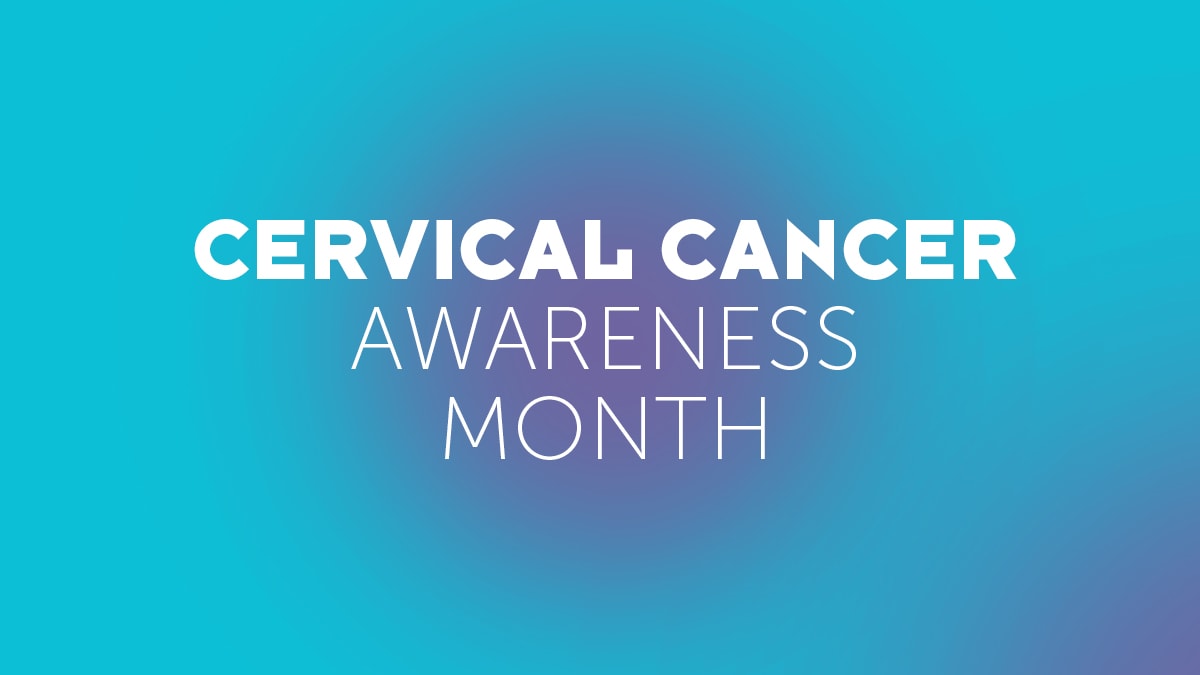Colorectal Cancer Awareness Month: What you Need to Know About Risk, Prevention and Screening
March 7, 2024
Found in Colorectal cancer, General

An estimated 3,630 people will be diagnosed with colorectal cancer this year in our province. One in six British Columbians will be diagnosed in their lifetime. To promote life-saving colorectal cancer prevention and screening, we enlisted BC Cancer for some Q&A about one of the most common cancers to affect both men and women in B.C.
What is colorectal cancer?
Colorectal cancer, which includes colon cancer and rectal cancer, is cancer that starts in the colon (large intestine) or the rectum (passageway between the colon and the anus).
What are symptoms of colorectal cancer?
In its early stage, there are often no symptoms for colorectal cancer. Many of colorectal cancer’s most common later-stage symptoms can also be caused by other conditions, they include: a change in bowel habits (size of stool, constipation, diarrhea), blood in stool, either apparent (visible) or occult (hidden), pain in lower abdomen or pelvis, abdominal bloating, lower back pain, urinary frequency, anemia (low iron), weight loss, fatigue and nausea.
Who is at risk of colorectal cancer?
Colorectal cancer is more common in people over 50, however the disease is on the rise in young people. People with inflammatory bowel disease (ulcerative colitis, Crohn’s disease) and a family history of colorectal cancer are at a higher risk. As are people with polyps, abnormal growths or small clumps of cells (that over time can turn into cancer) or adenomas (non-cancerous tumours) in the colon.
A diet low in fibre and high in fats, drinking alcohol — especially in men (two or more drinks a day) — and a high amount of body or abdominal fat can increase your likelihood of developing the disease.
How to prevent colorectal cancer?
Half of colorectal cancers can be prevented by following a healthy lifestyle. Like many cancers, the best prevention is to eat a high-fibre diet of fruits and vegetables, get plenty of exercise, limit high-fat foods, processed meats, alcohol and tobacco use. If you’re over 50, and of average risk, it’s recommended to get screened every two years. Screening can help find and remove polyps before they turn into cancer.
How to get tested for colorectal cancer?
There are two types of screening tests for people of average risk, or who show no symptoms: A digital rectum exam (DRE) in which a doctor or nurse physically examines the rectum. And a Fecal Immunochemical Test (FIT) that checks for unseen blood in the feces, which can be a sign of pre- or early-stage cancer.
A colonoscopy, a procedure where a physician uses a miniature camera attached to a flexible tube to view the inside lining of the colon, is only recommended if FIT test results show a need to investigate further or for people with a higher than average risk.
Why should I get tested for colorectal cancer?
Screening saves lives by detecting non-cancerous polyps and cancer early. If colon cancer is detected in its earliest stage, the survival rate is more than 90%. A simple FIT test, that can be done at home, can lower the risk of dying from colorectal cancer by 25-45%.
Learn more about BC Cancer’s groundbreaking research to improve colorectal cancer outcomes, or make a donation today to show your support.
Source: BC Cancer


